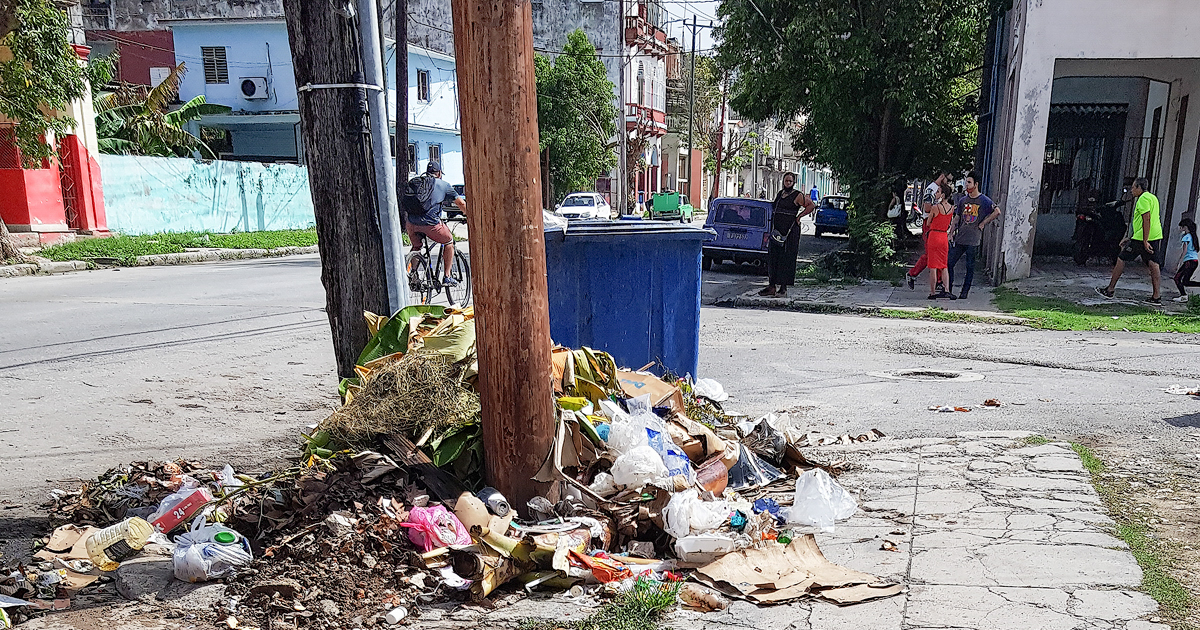
The government of Cuba, through the OPS/OMS Collaborating Center for the Study of Dengue and its Control, announced the 18th International Course on Dengue and other emerging Arboviruses.
The training will take place from August 19 to 30, 2024, in Havana, amid the health crisis that Cubans are experiencing, in a city where unpleasant odors, garbage piles on the corners, and mosquitoes do not allow residents to live in peace.
This course has theoretical and practical sessions and costs 900 dollars. It is aimed at doctors, virologists, immunologists, sociologists, epidemiologists, entomologists, health administrators, among others interested in the topic.
The Ministry of Public Health and its institutions want to demonstrate what they know and export their model to other countries affected by tropical diseases that Cuban scientists have studied.
However, those research results are not applied in the country, and if the State is doing so, its benefits are not noticeable.
Dengue, yellow fever, Zika, chikungunya, and oropouche are still present in Cuba and generate hospital admissions every day in all provinces of the country. The death of patients from these diseases has even been reported, despite the government's concealment of statistics.
The course is organized by the Pedro Kourí Institute of Tropical Medicine, the Cuban Society of Microbiology and Parasitology, the Ministry of Public Health, and the Pan American Health Organization/World Health Organization (PAHO/WHO).
The advertising for this event promises a space for scientific exchange on the clinical management of patients and vector control.
The second of the issues is probably what the Cuban government addresses the least, which has openly stated that it does not have the resources to fumigate homes or collect garbage from the streets.
The organizers will also refer to the latest research in areas such as pathogenesis, vaccines, antivirals, and genetics, in addition to addressing the influence of climate change on the spread of these diseases.
The announcement of the course and its commercialization in dollars, in a "scientific tourism" plan, has generated controversy due to the irony that the Cuban government, which is in a constant battle to control dengue outbreaks in its own territory, is profiting from what they have discovered about these diseases.
The epidemiological crisis the country is facing, characterized by a shortage of medical supplies and a lack of effective control over the proliferation of the Aedes aegypti mosquito, raises doubts about the government's ability to manage the internal health situation while focusing on selling knowledge internationally.
What do you think?
COMMENTFiled under: